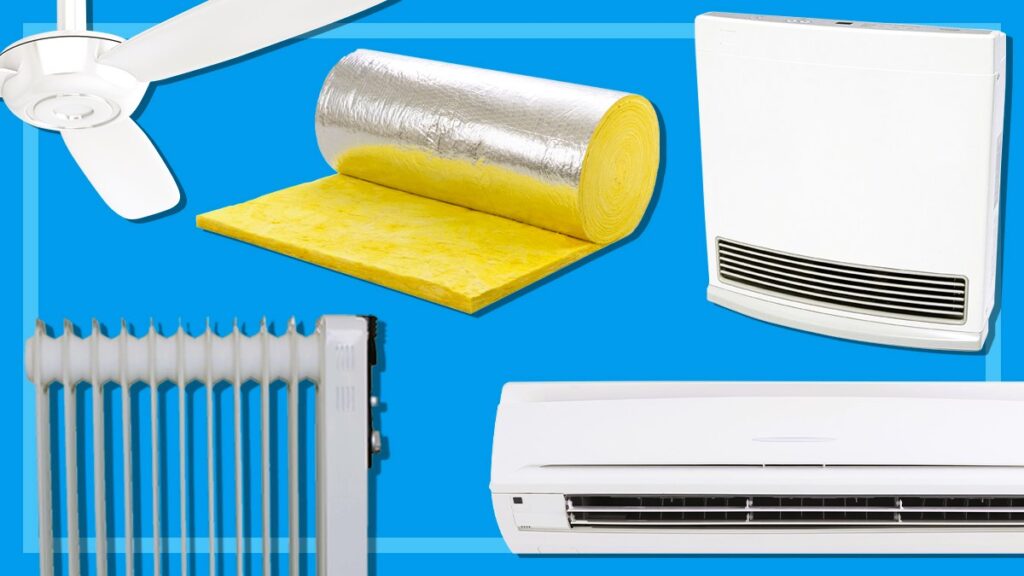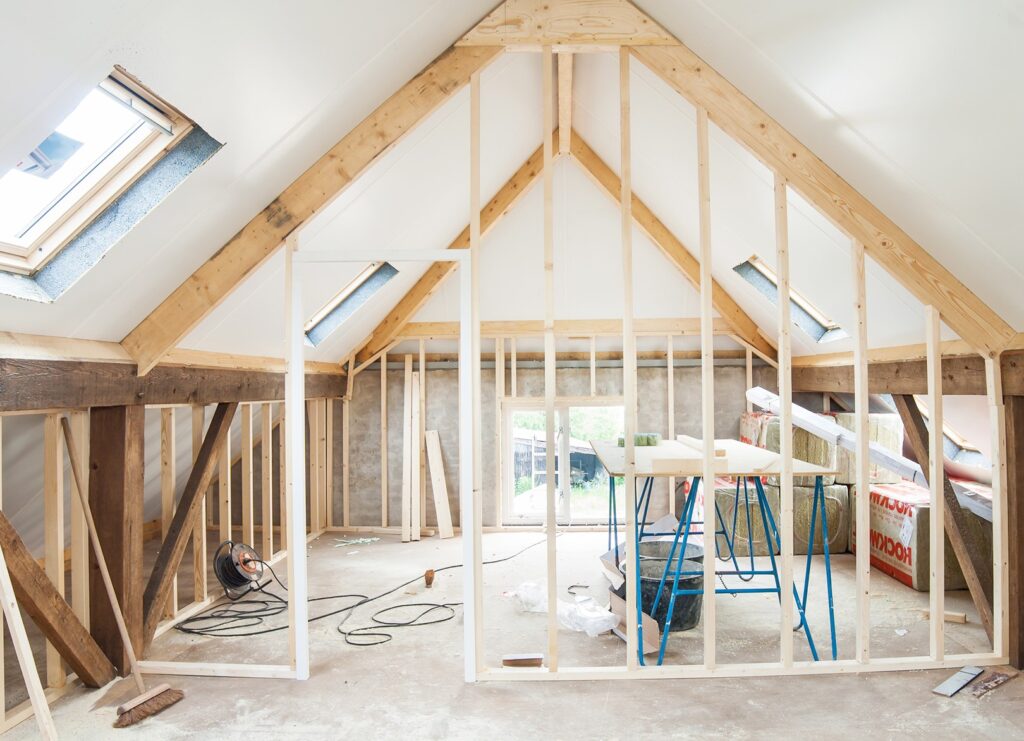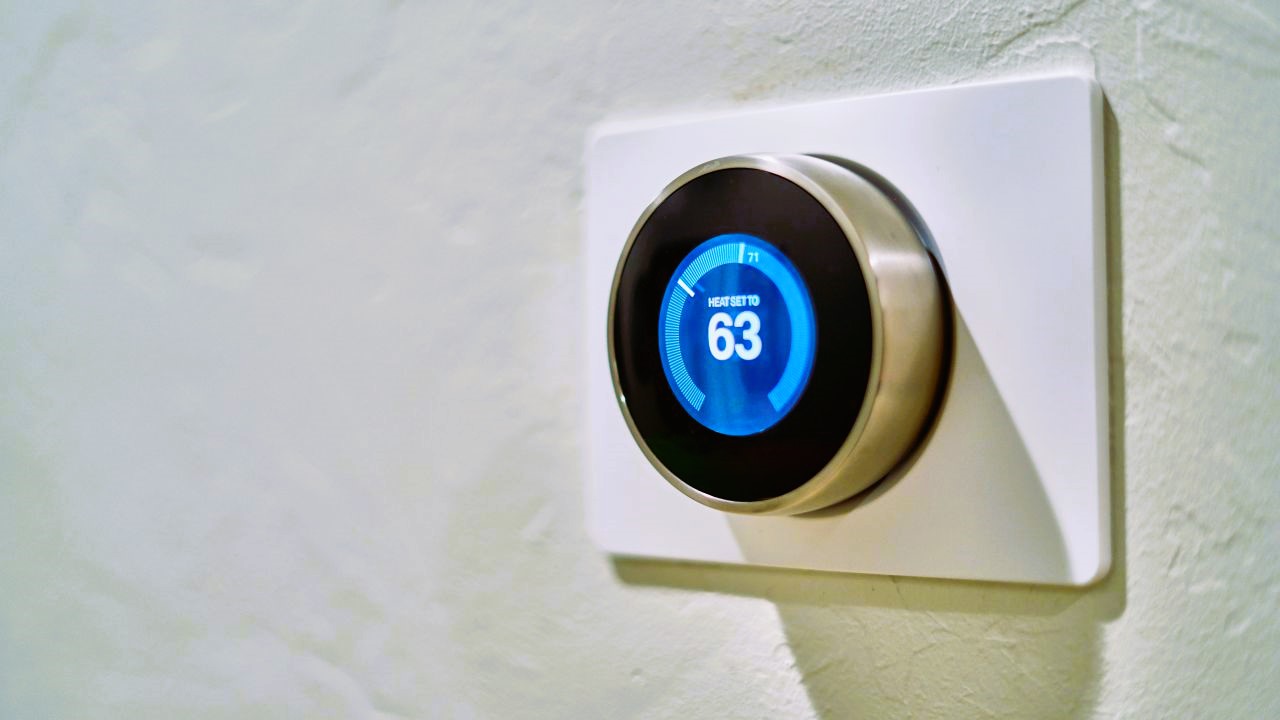As winter approaches, homeowners start bracing themselves for the increase in heating costs. Heating expenses can put a significant dent in your budget, but there are several efficient heating solutions that can help you save money while keeping your home warm and cozy. In this article, we will explore practical tips and strategies to help you reduce heating costs and maximize energy efficiency in your home.
- Ensure Proper Insulation
One of the fundamental aspects of efficient heating is proper insulation. Insulation helps to create a barrier between your home and the cold outdoor temperatures, preventing heat loss and reducing the need for excessive heating. Check your home’s insulation, paying close attention to the attic, walls, and windows. Seal any gaps or cracks and consider adding insulation if needed. Proper insulation will not only keep your home warmer but also lead to significant savings on heating costs in the long run.
- Upgrade to Programmable Thermostats

A programmable thermostat is a valuable tool for managing heating costs. It allows you to set different temperature schedules for various times of the day, ensuring that your heating system operates efficiently when you need it the most. For example, you can lower the temperature when you’re away from home or sleeping and program it to warm up before you wake up or return. This way, you can save energy by avoiding unnecessary heating when no one is home, without compromising comfort. The Economics of Insulating Basements: Benefits and Payback.
- Embrace Natural Heat Sources
Make the most of natural heat sources in your home. During the day, open your curtains or blinds to allow sunlight to enter and naturally warm up the rooms. At night, close them to trap the heat inside. Additionally, if you have south-facing windows, consider installing solar shades or films to maximize heat gain from the sun. By harnessing natural heat sources, you can reduce reliance on artificial heating methods and lower your energy consumption.
- Maintain Heating System Efficiency
Regular maintenance of your heating system is crucial for optimal efficiency and cost savings. Schedule annual inspections and tune-ups to ensure that your system is running smoothly. Clean or replace air filters regularly to improve airflow and prevent the system from working harder than necessary. A well-maintained heating system operates more efficiently, reduces energy waste, and helps you save on heating costs.
- Zone Heating
If you have a large home or certain rooms that are not frequently used, consider implementing zone heating. Zone heating allows you to heat specific areas of your home independently, focusing on the rooms that are in use and reducing heating in unoccupied spaces. This targeted approach can lead to substantial energy savings by avoiding unnecessary heating of empty rooms.
- Use Energy-Efficient Heating Appliances
If it’s time to replace your heating appliances, opt for energy-efficient models. Look for heating systems that have high energy efficiency ratings, such as Energy Star-certified furnaces and boilers. These appliances are designed to use less energy while delivering the same level of heat. Investing in energy-efficient heating equipment may require an upfront cost, but it can result in significant long-term savings through reduced energy consumption.
- Implement Smart Energy-Saving Habits
Small changes in your daily habits can add up to significant energy savings. Simple practices like lowering the thermostat by a degree or two, wearing warm clothing indoors, and using blankets can help reduce heating costs. Additionally, make it a habit to turn off heaters in unoccupied rooms and close doors to seal off unused areas. These conscious efforts can make a noticeable difference in your energy consumption and overall heating expenses.
- Explore Alternative Heating Options

Consider exploring alternative heating options to supplement or replace traditional heating methods. For instance, using a fireplace or wood-burning stove can provide efficient and cost-effective heating. However, ensure that you follow safety guidelines and regulations when using alternative heating sources to prevent fire hazards and maintain indoor air quality.
Conclusion
Saving on heating costs doesn’t mean compromising comfort. By implementing these efficient heating solutions, you can achieve a balance between warmth and cost savings. Start with proper insulation, upgrade to programmable thermostats, embrace natural heat sources, maintain your heating system, and practice smart energy-saving habits. Additionally, consider zone heating and explore alternative heating options for further savings. With these strategies in place, you can enjoy a cozy home while keeping your heating expenses under control. Remember, a little effort and conscious decision-making can go a long way in maximizing energy efficiency and reducing heating costs in the long run.

